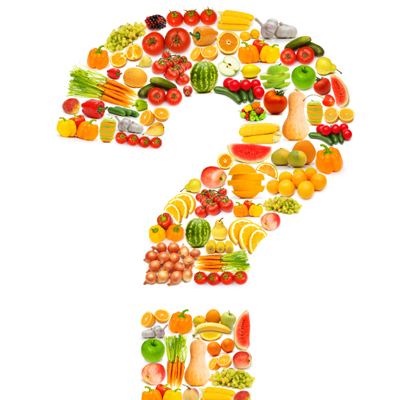 Further to some weeks of serious blogging where many complex areas of nutrition have been covered, it is time perhaps for a more light-hearted look at news that surrounds one of the UK’s favourite fruits – the banana.
Further to some weeks of serious blogging where many complex areas of nutrition have been covered, it is time perhaps for a more light-hearted look at news that surrounds one of the UK’s favourite fruits – the banana.
It is sometimes said that eating a lot of bananas at once could be dangerous – it has even been suggested that eating more than 6 in one sitting, albeit in a comedy show, could kill you. Can this really be true? In a word – No.
So why the bad press?
Perhaps it’s because bananas are high in potassium and people are generally not aware of the fact that potassium is an essential mineral that has many important physiological functions. Potassium contributes to normal functioning of the nervous system and maintenance of normal blood pressure and muscle function. Potassium controls the balance of fluids in the body and is vital for correct functioning of the heart muscle.
However, if the level of potassium in the body is too low or too high it can result in an irregular heartbeat. The dangers of low potassium are occasionally seen in severe cases of purging in bulimia where severe electrolyte disturbances can cause cardiac arrhythmias that can lead to sudden death. On the opposite end, potassium chloride is one of the chemicals used in lethal injections in the US, as extremely high doses can cause cardiac arrest.
The recommended daily amount of potassium is 3,500mg. People should be able to obtain all the daily potassium they need by eating a balanced diet with lots of fruit, vegetables and some protein, without the need for supplements.
Can we exceed safe levels of potassium from foods that we eat?
Toxic levels of potassium from eating bananas in healthy people would be almost impossible. Potassium intakes from foods have not been associated with adverse effects in normal, healthy children and adults. The average potassium intake in adults from their diet is 3-4 g and the intake generally does not exceed 5-6 g per day. A long-term intake of potassium supplements as potassium chloride of about 3 g per day in addition to intakes from foods has not been shown to have adverse effects. Supplemental potassium in doses of 5-7 g/day, in addition to dietary intake, has in a few cases, however, been reported to cause conductive effects and compromised heart function in apparently healthy adults.
A small banana without skin weighs around 100g, with 330mg potassium – that’s only 0.33g potassium so we would have to eat an enormous quantity of bananas – considerably more than the 6 – for any potential adverse effect on the heart. In fact, it would take more than 10 just to meet the daily recommended intake!
However for people with kidney disease, foods high in potassium may be an issue. Regulation of fluid balance and electrolytes such as potassium are a key function of the kidney. They remove potassium from blood and pass it out of the body in urine. If kidney function is inadequate, the kidneys may not remove enough potassium, and too much potassium in the blood can be dangerous to heart, nerves and muscles. People with poor kidney function therefore can be advised to follow a low potassium diet by their dietitian, doctor or nurse, and in these cases, care does need to be taken with foods that are a rich source of potassium.
But for the vast majority of people who haven’t been advised to reduce potassium, bananas can be enjoyed without any danger!





